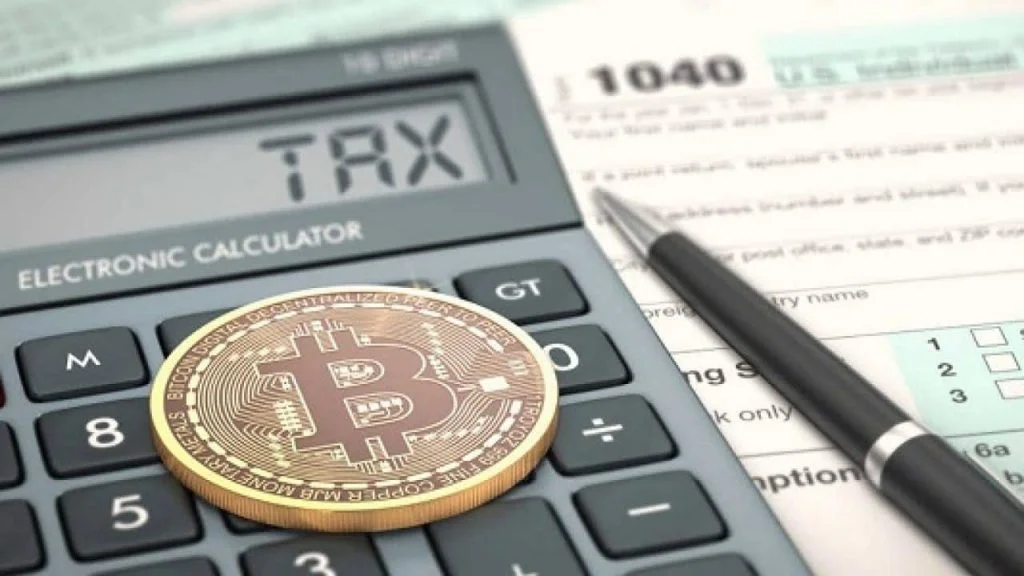The U.S. infrastructure bill has ended without amendment, on Tuesday, the Senate will give a final vote to determine the crypto tax’ fate in the bill.

The provisions aim to raise $28 billion for infrastructure funding through expanded digital asset taxation, and will impose broad third-party reporting requirements on any crypto firm deemed to be a “broker.”
Chervinsky stressed, however, that a change to the law may still be passed by unanimous consent in the Senate before the final vote.
Senate negotiations on the contentious cryptocurrency tax elements of the US infrastructure bill have stagnated, with an unamended version of the bill expected to be voted on Tuesday.

The provision’s broad definition of a crypto “broker” has caused consternation in the crypto industry, with analysts speculating that miners, stakers, and other network validators, as well as software developers, could be subjected to third-party tax reporting requirements despite not having personal information on their counter-parties.
Senators Pat Toomey, Rob Wyden, and Cynthia Lummis have offered an amendment that would narrow the definitional scope of crypto “brokers” to exempt miners, validators, and software developers from the clause.
However, a competing amendment proposed by Rob Portman, Mark Warner, and Kyrsten Sinema would only exempt miners, proof-of-stake validators, and wallet providers from the bill, which has the support of the majority of lawmakers.
Both sides have reached an impasse over the 30-hour rule, which enables senators to review a bill for up to 30 hours before voting on it, according to a tweet from Lummis on August 8.
While “some senators want to keep focusing on the infrastructure bill for 30 hours to raise awareness about its price tag,” Senate Majority Leader Chuck Schumer “wants to vote quickly so that he can focus on other legislation, and won’t allow amendment votes unless that happens,” Lummis added:
“If we could vote on amendments I think the digital asset community would be pleased with the outcome.”
If enacted by the Senate on Tuesday, the bill would still need to pass the House before becoming law, allowing lawmakers more time to amend the crypto measures.
